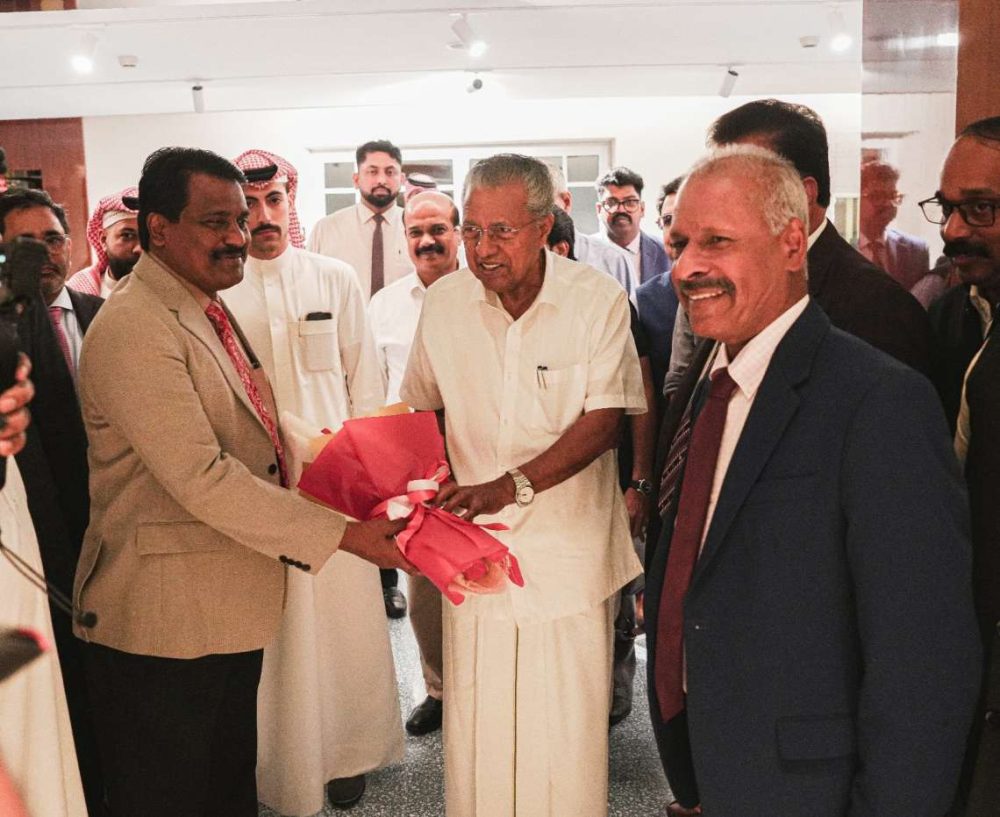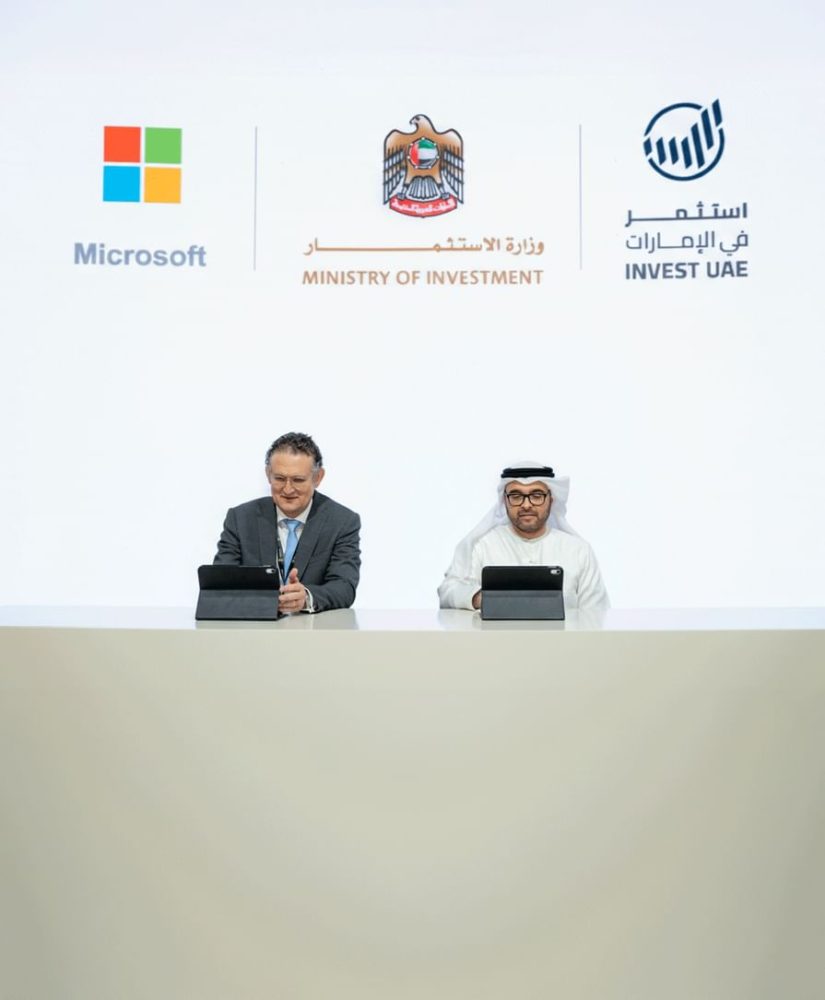Trump’s White House talks with Sharif and Pakistan’s sabre-rattling UN speech signal revived U.S.–Pakistan ties, strained India relations, and shifting power plays across South Asia’s volatile landscape.
Pakistan’s Prime Minister Shehbaz Sharif met U.S. President Donald Trump at the White House on Thursday, in a sign of improving relations between Washington and Islamabad. The meeting, held shortly after 5 p.m., lasted just over an hour and came amid broader discussions on regional stability and economic cooperation.
Sharif was joined by Pakistan’s army chief, Field Marshal Asim Munir, underscoring the military’s continued presence in shaping the country’s international agenda. According to a statement from Sharif’s office, he thanked Trump for his support in facilitating the May ceasefire between India and Pakistan and described him as a “man of peace.” He also invited American companies to invest in Pakistan’s agriculture, technology, mining and energy sectors, and extended a formal invitation for Trump to visit Pakistan.
The two leaders discussed counterterrorism cooperation, with Trump reportedly commending Pakistan’s role in combating extremism. Their meeting followed the signing of a trade agreement in July that reduced tariffs for Islamabad and opened opportunities for U.S. involvement in Pakistan’s oil and energy sectors.
The improvement in ties comes as Trump’s relations with Indian Prime Minister Narendra Modi face strain. India’s decision to expand purchases of discounted Russian oil after Moscow’s 2022 invasion of Ukraine has irked Washington, prompting Trump to raise tariffs on Indian goods. By contrast, Pakistan has moved to deepen cooperation with the U.S., further encouraged by Sharif’s public endorsement of Trump for a Nobel Peace Prize over his role in calming South Asia’s recent tensions.
Sharif’s praise of Trump contrasted with Modi’s cooler stance. While Pakistan hailed U.S. efforts in brokering the May ceasefire, India declined to acknowledge Trump’s mediation, insisting the truce came on its own terms. The clashes that preceded the ceasefire included cross-border strikes and a deadly attack on tourists in India, which New Delhi blamed on Pakistan — an allegation Islamabad has denied.
Tensions also surfaced over U.S. strikes in June on Iranian nuclear facilities. While Trump defended the move, Islamabad called it a violation of international law and the mandate of the International Atomic Energy Agency.
Beyond Washington, Sharif struck a combative tone at the United Nations General Assembly on Friday. Addressing world leaders, he accused India of restricting Pakistan’s access to Indus waters and warned that such moves would be treated as an “act of war.” He further claimed that Pakistan had emerged victorious in its May confrontation with India, though reports indicate it was Pakistan’s military, rather than the civilian government, that initiated the ceasefire request.
Sharif’s UN speech also included sharp criticism of Israel, which he described as having unleashed “unspeakable terror” in Gaza, and expressions of solidarity with Palestinians. Linking the conflict to Kashmir, he reiterated demands for a UN-mandated plebiscite, while sidestepping the condition that Pakistan withdraw its forces and irregulars from the region.
The prime minister also expressed admiration for both Trump and Chinese President Xi Jinping, reflecting Islamabad’s balancing act between its two major external partners. His praise of Xi for “vision and foresight” highlighted Pakistan’s reliance on Chinese investment and diplomatic support, even as it seeks closer engagement with the U.S.
Trump, meanwhile, has attempted to ease tensions with India despite ongoing tariff disputes. After sharply criticising New Delhi’s alignment with Moscow and Beijing — even posting a social media barb after Modi was photographed with Vladimir Putin and Xi Jinping — Trump last week said negotiations were continuing to resolve trade barriers with India. “I look forward to speaking with my very good friend, Prime Minister Modi, in the upcoming weeks,” he posted, striking a more conciliatory tone.
As Sharif returned home, his dual approach — seeking stronger ties with Washington while using the UN stage to issue warnings to India and lambast Israel — underlined both the opportunities and contradictions in Pakistan’s current diplomacy.









